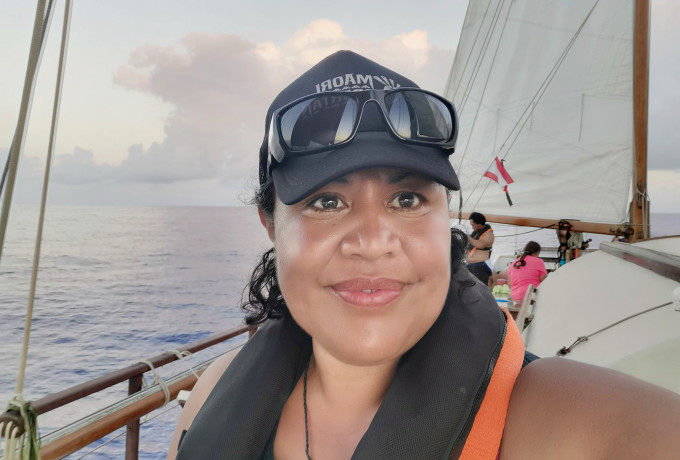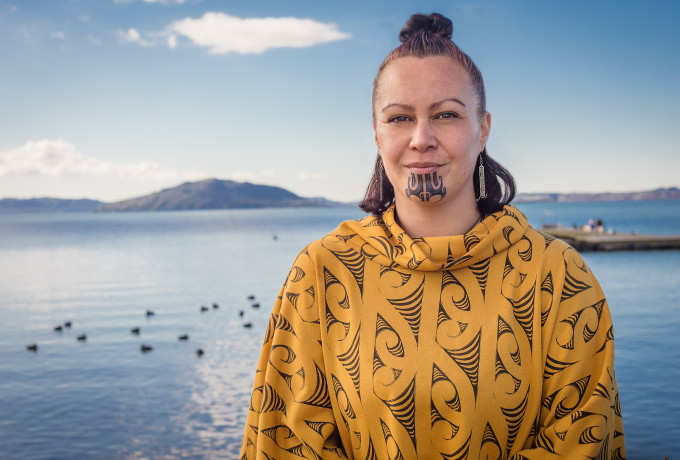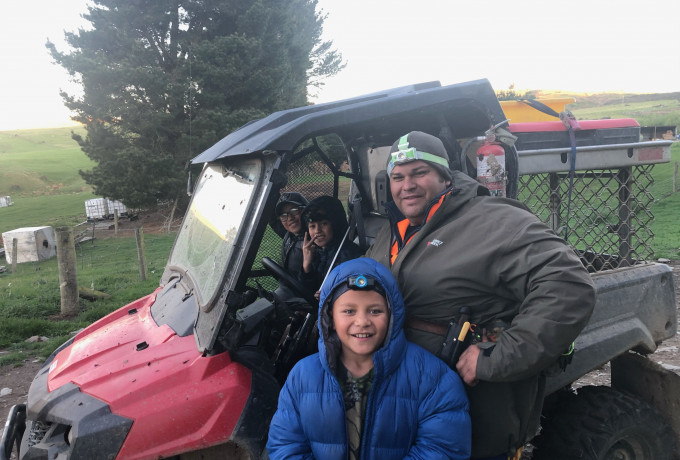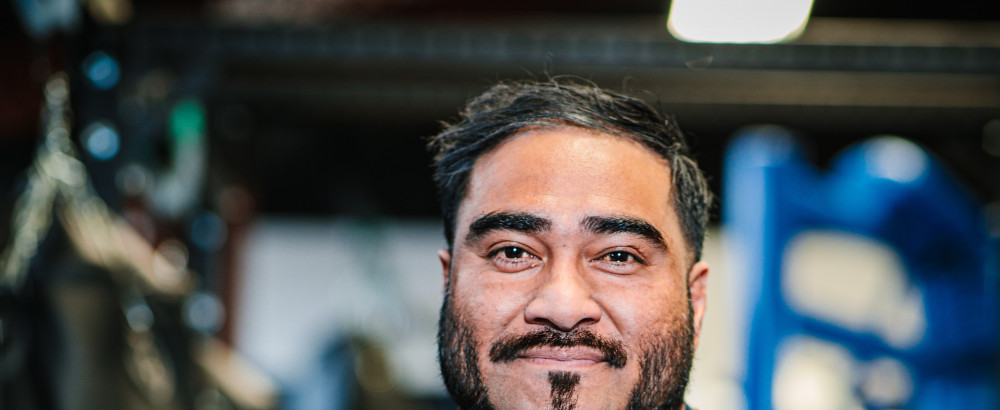
Henry Faafili
Aiga Programme
Former Warriors and New Zealand Rugby League player Henry Faafili leads the Aiga programme, and is the head coach and facilitator for the Tauranga Boxing Academy, which operates under the Bay of Plenty Youth Development Trust. The project aims to promote youth resilience. It grew out of the Tauranga Boxing Academy’s programmes for at risk youth.
Henry says “It was an opportunity for us to connect to our Pasiika community. I’m a proud Samoan and I know there’s a lot of Pasifika youth that will benefit from this. As Pasifika, we tend to sweep things under the carpet. Like the pressure of being the next Sonny Bill Williams, being the next famous player... the pressure some of our Pasifika kids have, and then if you don’t make it, it’s almost like you’ve let down your family, or your church.”
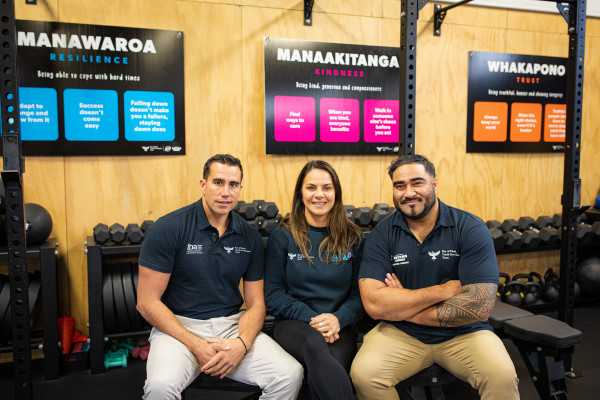
Henry runs the project with Anton Van Dijk, who is the Trust’s in-house psychologist, and Rachel Wikeepa, facilitator and mentor, and Tauranga Boxing Academy office manager. Anton says it has been designed for Pasifika youth to discover and enhance their underlying strength and purpose, to meet life’s challenges with confidence and enthusiasm.
Pasifika high school students met twice a week for 13 weeks earlier in 2021. One of the weekly sessions focused on raising suicide awareness, followed by a fitness component. Anton says “It’s about looking after their own fale, and hoping that they can transfer that back into the community, with their families, at their schools, as leaders; to become champions for suicide prevention.”
The other sessions were based around traditional activities. “We had one of the parents teach the kids how to make coconut cream from scratch,” Henry says. Preparation of traditional dishes such as chop suey, and taro with coconut cream, were taught using old methods, for example, using a can cut back to use as a grater. These activities helped students who haven’t had much exposure to traditional ways to learn about their culture, and enabled those who already had that background to flourish, by highlighting their strengths. Anton says, “One of the girls would sit at the back and not enage with us at all, but when those traditional activities came up, she was all in, and became a voice in that space.”
“Our point of difference is that it’s a multidisciplinary project,” says Anton. Fitness training in a boxing gym setting runs alongside a full pastoral support system. He says “Our facilities are pretty cool. And when they (youth) walk in here, it’s a real aiga vibe as well... we also have cultural advisors, to provide that point of view.”
Henry says that having the right people to lead these youth programmes is key. “We relate to them. We get to their level. We have that expertise in terms of having kids that first come in with low confidence, unwilling to participate – you should see them now.”
The ability to build rapport and be flexible are other essential factors. “I call it being a social chameleon,” Anton says. Building trust with young people is also very important. Henry says, “Some people just tick boxes but we make sure we go beyond that, making sure the kids are okay, by following up after the programme.”
“It sounds like a cliché, but we have our values,” says Anton. “Everyone that works here tries to instil those values in young people. We live these values outside our work. We expect all the young people involved to take these values and showcase them in the community. That becomes part of their DNA.”
Rachel says “It’s definitely having that trust and the follow-up. We’re actually legit. We go above and beyond. We care. And the kids read into that, that you actually care.”
The interest and feedback from youth and the community has been overwhelmingly positive, to the point where their current location can’t accommodate the numbers. Henry says, “We’re creating this hub for our youth, where kids can actually go somewhere, get fit, and learn how to make something of themselves.” More schools want to get involved, so a move to a larger facility is imminent. A programme of outdoor activities such as boating and paddle boarding, is planned for this summer.
What advice would you give to someone planning their own project? “Focus on their strengths,” says Anton. “Naturally what that does is promote confidence and self esteem, their heads start coming up. That always translates over into other areas of their life.”
Henry says, “The way you frame it is important. If you just say to the kids, ‘Ok, sit down, let’s talk about suicide prevention,’ they’ll get scared. Have activities where they can have fun, and learn at the same time.”
